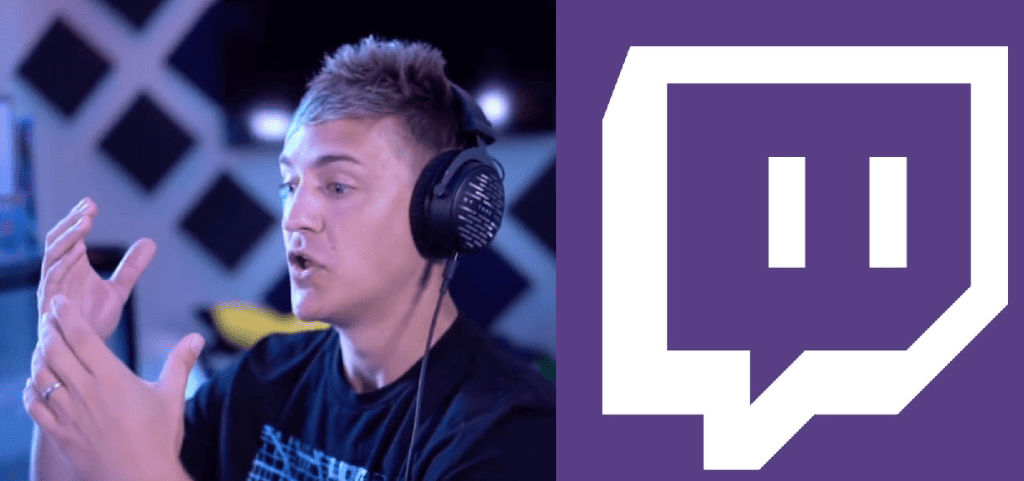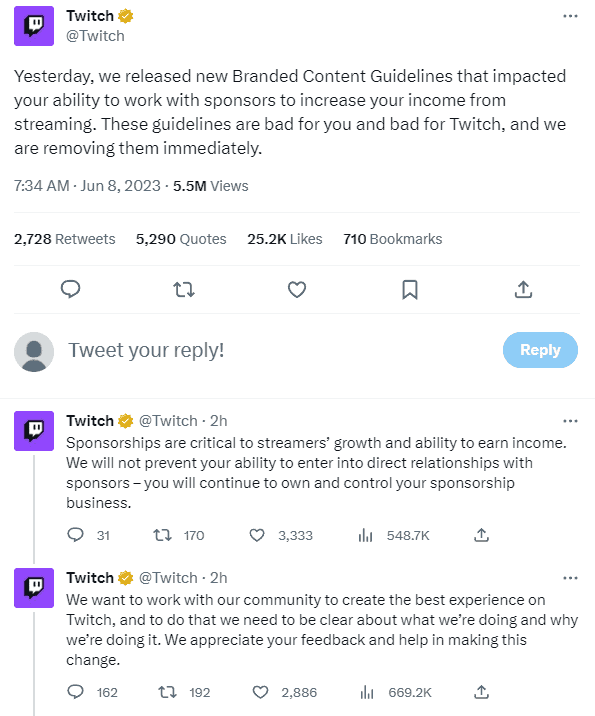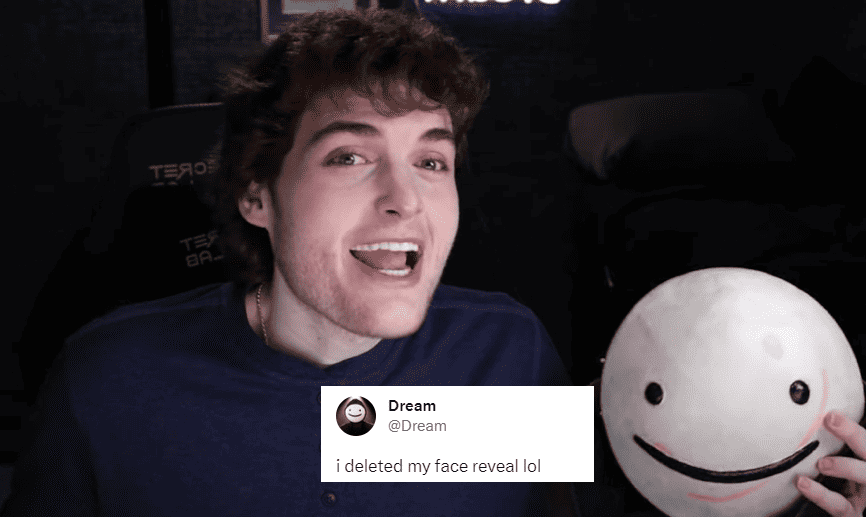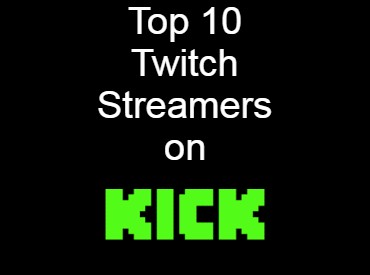Contents
- 1 The question still remains as to whether the platform has really changed.
- 2 The Role of Advertisements and Sponsorships on Twitch
- 3 Viewer and Streamer Perspectives on New Twitch Content Guidelines
- 4 Impact on Twitch Content Creators
- 5 Twitch Profit off the Backlash
- 6 How Twitch Ad Controversy Affects Competition
- 7 Twitch Community Doubts the Platform is Fixing their Policies
- 8 Will Twitch Listen to its Creators?
The question still remains as to whether the platform has really changed.
The popular live streaming platform Twitch has recently faced significant backlash due to its new ad guidelines and policies. Twitch apologised and claimed they’re walking the rules back, but streamers aren’t so sure when they look into the truth of it all.
These massive changes have sparked debate among viewers and streamers, highlighting the complex relationship between advertisements, sponsorships, and content creation on the platform. The question of who deserves the biggest cut, platform or streamer, dominates.
The Role of Advertisements and Sponsorships on Twitch

Advertisements and sponsorships have become a crucial part of the streaming ecosystem on Twitch. For many content creators, these partnerships provide a vital source of income, allowing them to sustain their channels, invest in equipment, and dedicate more time to their craft.
Meanwhile, advertisers see Twitch as a valuable platform to reach a highly engaged audience, particularly in the gaming and esports communities.
However, the recent changes to Twitch’s ad guidelines have caused considerable concern among both streamers and viewers. Previously, streamers had more flexibility in incorporating sponsored content into their broadcasts, allowing for creative integration and a seamless viewer experience.
The new guidelines, though aimed at improving transparency, have resulted in stricter enforcement and limited control over ad placements, potentially disrupting the organic flow of content.
The heavy restrictions will have a massive impact on streamers, banning almost every format in which ads currently run.
Viewer and Streamer Perspectives on New Twitch Content Guidelines
The introduction of these new guidelines have sparked a variety of reactions from Twitch viewers and streamers. Some viewers appreciate the efforts to enhance transparency. It enables the audience to distinguish between organic content and sponsored promotions more easily. They argue that this increased transparency promotes trust and maintains the integrity of the streaming experience.
Not only that, but guidelines surrounding adult and controversial content work to make the sometimes racy platform a safer space for viewers of all ages. It’s an issue Twitch has been criticised for in the past.
While their official policy states “sexually suggestive content is prohibited on Twitch”, the platform permits hot tub streamers who skirt the rules to create suggestive content.
However, others argue that the potential prioritisation of Twitch’s own ads may disrupt the viewing experience. It’s backlash the streaming site has received in the past, and viewers fear that the problem is only going to get worse from here.
Streamers specifically fear mandatory mid-roll ads interrupting critical moments during live broadcasts, potentially driving away viewers and hindering the growth of their channels. Additionally, these changes have prompted concerns that smaller streamers, who heavily rely on sponsorships, may face greater challenges in securing partnerships due to the stricter guidelines.
Impact on Twitch Content Creators
Twitch’s new branded content policy could have a significant impact on content creators. Some streamers, especially those with established audiences and strong sponsorships, have managed to navigate the changes and adapt their content strategy accordingly, often due to having a presence across multiple platforms.
Streamer Pokimane is an advocate for not having all your eggs in one basket, seeing direct to consumer platforms like Pateron and Onlyfans as the future for content creators.
This strategy fails for events like The Game Awards. Heavily sponsored streams will no longer have the same advertiser appeal, and if the event is streamed to masses of people, the direct to consumer model doesn’t work.
OTK network member Mizkif echoes QTCinderella’s concerns.
Small, emerging streamers are finding it increasingly difficult to strike a balance between maintaining viewer engagement and fulfilling the requirements of their advertisers.
Twitch Profit off the Backlash
Twitch’s handling of the situation has also faced criticism. Many streamers and viewers have expressed frustration with the platform’s lack of clear communication and inadequate support for content creators in adjusting to the new guidelines.
It’s not only a mishandling of communication angering creators. Streamers believe that Twitch anticipated the backlash. The Amazon-owned company found a way to profit off the controversy by charging affiliates $25 to cancel their agreement.
The perceived lack of consultation with the community before implementing these changes has further exacerbated the tension between Twitch and its user base. Twitch ambassadors seem to have had equally little luck with the platform as everyone else.
How Twitch Ad Controversy Affects Competition
The controversy surrounding Twitch’s new ad guidelines has wider implications for the entire landscape of live streaming platforms. Competitors in the industry are closely observing the situation, and some are capitalizing on the discontent among Twitch’s user base.
Alternative platforms are promoting their more flexible ad policies, aiming to attract disgruntled Twitch streamers and viewers seeking a change.
Kick has gone so far as to offer to cover the $25 fee for cancelling Twitch’s agreements for creators who then move to their platform.
However, Twitch’s position as the dominant live streaming platform should not be underestimated. Despite the outcry and criticism, Twitch still boasts a massive user base and a thriving community. While discontent may push some streamers to explore other platforms, existing viewer loyalty presents a significant barrier to mass migration.
Twitch Community Doubts the Platform is Fixing their Policies
The community backlash to Twitch’s announcement was catastrophic. Given this, the platform is walking back its reveal only one day after their initial post.

Even the CEO spoke out on his Twitter account.
This should fix everything, right? Streamers and viewers aren’t so sure. The ‘new’ guidelines still include a controversial clause, restricting any streaming on Twitch that is done at the same time as streaming on another platform.
Popular streamer Ninja summed up this issue well on a recent live stream.
If the famous internet personality, who has 23.7M YouTube subscribers, doesn’t make money on Twitch, what hope is there for smaller creators?
Will Twitch Listen to its Creators?
Twitch’s new ad guidelines and policies have created a significant upheaval within the streaming community, and it looks like the apology hasn’t made anything better. It’s fanned the flames of discontent, and streamers refuse to be grateful at what they consider minor change.
There’s been a connection made to a currently viral video of the CEO on a stream, giving advice on an incredibly NSFW topic. In relation to this issue, the company has asked for too much from streamers, then pulled back a little to make their real request seem reasonable, when streamers don’t think it is.
Streamers and viewers have expressed a range of perspectives on the changes. As the platform continues to refine and address the concerns raised by its user base, the impact on content creators, viewer experience, and the competitive landscape of live streaming remains to be seen.



One thought on “Twitch Apologise for Branded Content Guidelines on Content Creators”